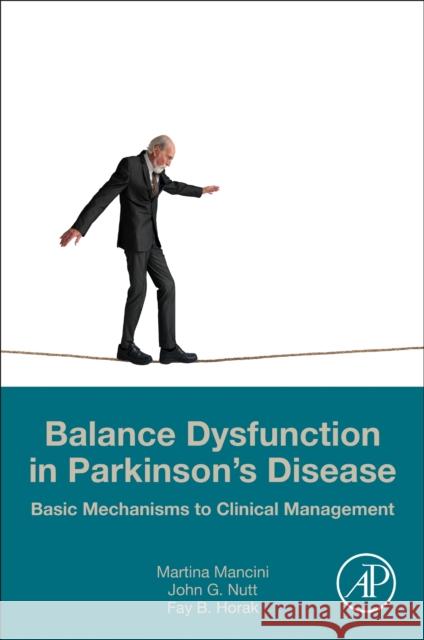Balance Dysfunction in Parkinson's Disease: Basic Mechanisms to Clinical Management » książka
topmenu
Balance Dysfunction in Parkinson's Disease: Basic Mechanisms to Clinical Management
ISBN-13: 9780128138748 / Angielski / Miękka / 2019 / 226 str.
Kategorie:
Kategorie BISAC:
Język:
Angielski
ISBN-13:
9780128138748
Rok wydania:
2019
Ilość stron:
226
Waga:
0.23 kg
Wymiary:
22.9 x 15.2
Oprawa:
Miękka
Dodatkowe informacje:
Bibliografia
Wydanie ilustrowane
Wydanie ilustrowane











